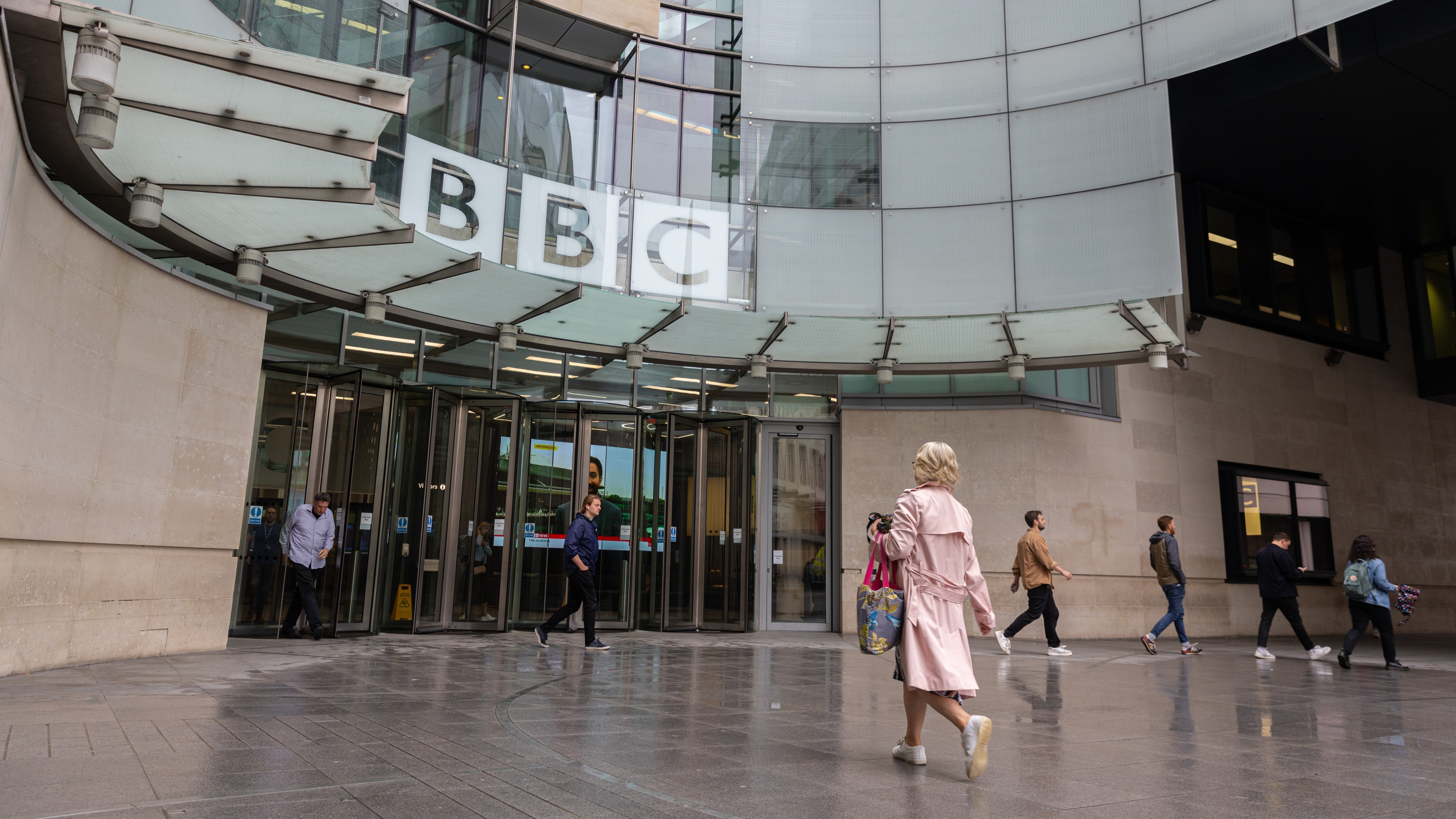The UK government is to examine the future of linear TV broadcasting amid fears that some older and underprivileged viewers could be excluded from the general shift towards streaming.
Media Minister Stephanie Peacock has launched a forum to advise on the issue, bringing together representatives from Ofcom, broadcasters such as the BBC, ITV and Sky, infrastructure operators like Arqiva and organisations representing audiences including Voice of the Listener and Viewer.

It will consider how all viewers, including older people and those without internet connectivity on their TV, can continue to access British content as consumer habits continue to change.
The forum will have a particular focus on the pressure the rise of streaming puts on delivering traditional broadcast television in a cost-effective way.
The core aims of the group will be to ensure that “no one is left behind amid a shift towards online viewing, and to establish a sustainable television ecosystem that works for both audiences and the industry.” The forum is due to meet quarterly, starting later this month.
Gill Hind, COO and Director of TV at Enders Analysis, Richard Lindsay-Davies, CEO of research and technology organisation Digital TV Group, and DCMS College of Experts academic Catherine Johnson will chair three smaller working groups supporting the forum, representing the TV sector, infrastructure and audience groups.
Research published by the government predicts that 95% of households will have the capacity to watch TV over the internet by 2040. However, 5% of households, or 1.5 million people, will still rely on traditional linear broadcasting by the same year, without intervention.
This ‘unconnected’ group tends to be significantly older, have a lower socioeconomic status and live in rural communities, said the research. The cost of broadband and lack of digital skills are key factors in preventing households from adopting Internet Protocol Television (IPTV) or programmes delivered via the internet.
Media Minister Stephanie Peacock said: “Streaming has revolutionised the television industry. Viewers have never had more choice over what to watch and how to access content. As the shift towards streaming and watching live broadcasting online continues, it is vital that no one is left behind. I want to ensure that as many people as possible can watch TV in a way that suits them.”

Stephen Nuttall unveiled as new Chair of IBC’s Partnership Board
Stephen Nuttall has been appointed as the new Chair of IBC’s Partnership Board. Made up of representatives from each of the six partner organisations which own IBC (IABM, IEEE, IET, RTS, SCTE and SMPTE), the IBC Partnership Board provides the governance and strategic oversight of IBC.

Saleha Williams appointed CEO of IABM
Saleha Williams has been appointed as the Chief Executive Officer (CEO) of IABM.

Comcast sets leadership team for ‘SpinCo’ cable unit
US media and telco giant Comcast has unveiled the leadership team for SpinCo as it prepares to spin off its cable television portfolio later in the year.

Labour exploring ‘alternative funding options’ to BBC licence fee
UK Culture Secretary Lisa Nandy is reportedly considering scrapping the BBC licence fee at the end of the Corporation's current charter in December 2027.

BBC Director-General Tim Davie to head Creative Cities Convention speakers
BBC Director-General Tim Davie has been lined up as one of the key speakers at this year’s Creative Cities Convention, being held from May 7–8 in Bradford as part of its UK City of Culture 2025 celebrations.



